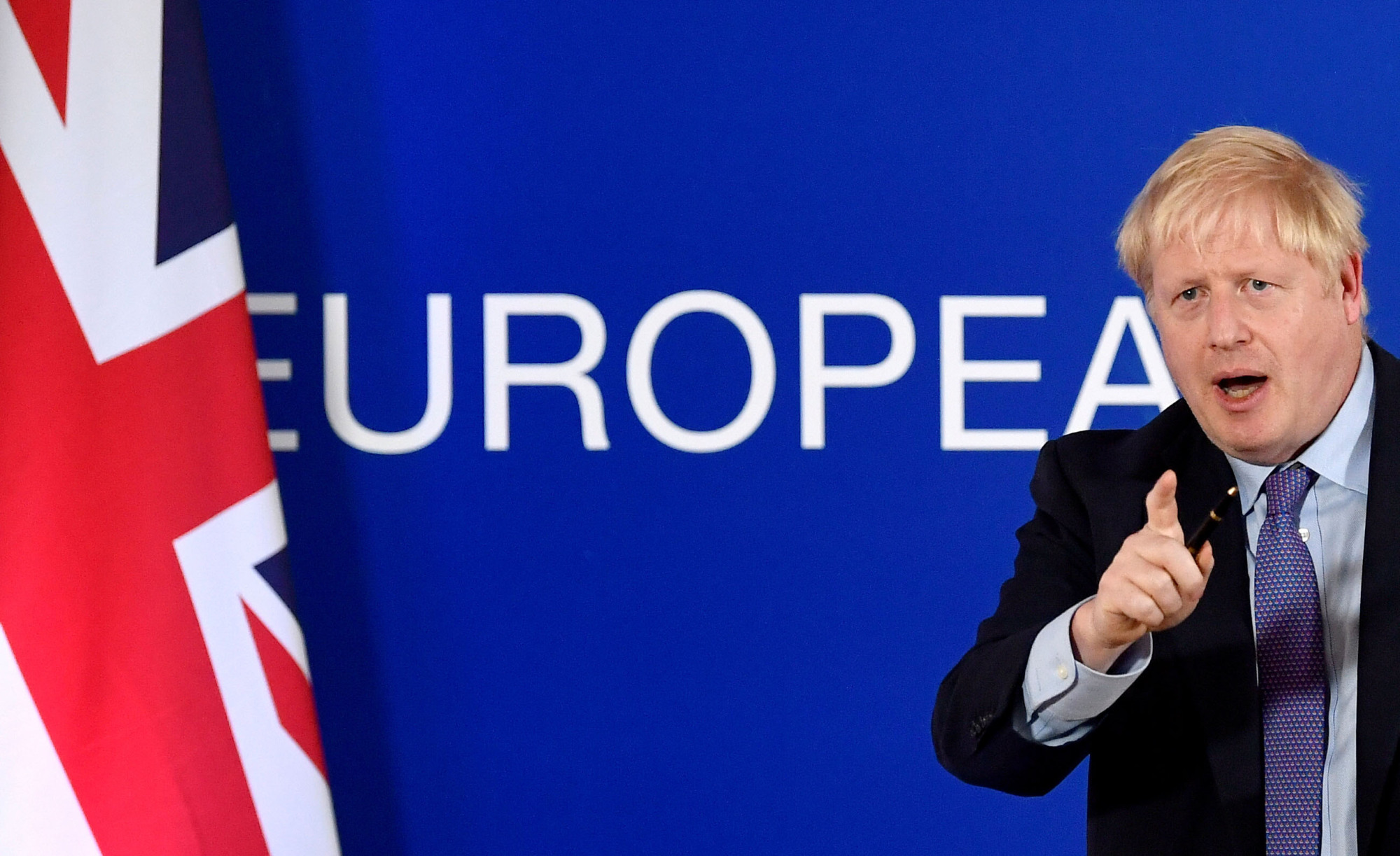If Prime Minister Boris Johnson wins parliamentary backing for the Brexit deal he clinched with Brussels on Thursday, Britain will be on course for more distant economic ties with the European Union, making the country poorer.
Compared with the deal his predecessor Theresa May reached last year — which Parliament rejected three times — Johnson's deal aims for less regulatory alignment with the EU, and greater trade barriers between Britain and its largest trading partner.
Johnson now faces a fight to convince Parliament, where his Conservative Party lacks a majority, to approve the deal in a vote due to take place Saturday.


















With your current subscription plan you can comment on stories. However, before writing your first comment, please create a display name in the Profile section of your subscriber account page.